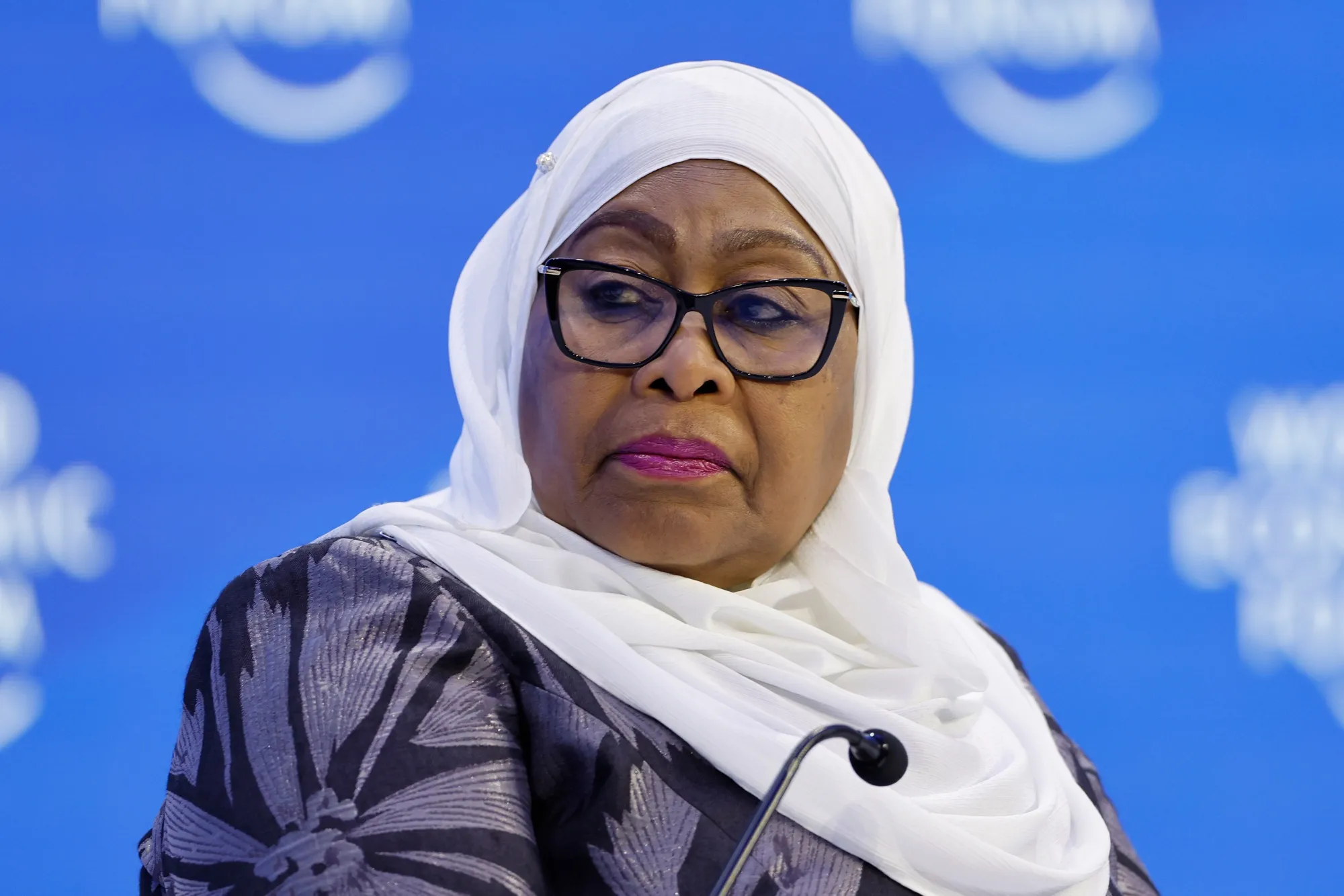A Crisis of Legitimacy and the Rising Call for ICC Accountability In Tanzania

The re-election of President Samia Suluhu Hassan in Tanzania has sparked outrage across civil society, opposition groups, and international observers. Declared the winner with over 97 percent of the vote, Suluhu’s landslide victory is being widely described as an election marred by irregularities, repression, and systemic human rights abuses.
Critics argue that the electoral process was anything but free or fair. The main opposition party, CHADEMA, was crippled long before election day, its leader, Tundu Lissu, was arrested and charged with treason, while several other opposition candidates were disqualified or blocked from running. In the months leading to the polls, journalists, activists, and political dissenters reported harassment, arbitrary arrests, and intimidation by state security agencies.
On election day, Tanzania was under heavy police and military presence. Reports from rights groups and local media described scenes of brutality in major cities as citizens protested the outcome. Internet blackouts, mass arrests, and widespread use of live ammunition left hundreds injured and many dead. CHADEMA claims that nearly 700 protesters were killed, while the UN Office of the High Commissioner for Human Rights confirmed at least ten deaths.
The aftermath has been equally grim. Security forces have been accused of torture, enforced disappearances, and detaining opposition figures incommunicado. Civil society organizations across East Africa are now calling on the International Criminal Court to open investigations into the alleged killings and torture, saying the actions of the Tanzanian state meet the threshold of crimes against humanity.
Former U.S. President Barack Obama’s past remarks on the nature of democracy have been widely cited in the debate. In one of his addresses on governance in Africa, Obama stated that “no genuine democratic leader wins with 90 percent of the vote.” His words have resurfaced as a pointed critique of Suluhu’s overwhelming victory margin, which many see as mathematically implausible in a competitive democracy. For activists and political analysts, Obama’s observation underscores the growing concern that Tanzania has slipped into one-party dominance masked as democracy.
What makes the Tanzanian situation more complex is that the constitution bars the courts from challenging the presidential results once announced by the electoral commission. This legal shield leaves citizens without a legitimate avenue to contest an election outcome, forcing many to turn to the streets or seek international intervention.
Civil society groups are urging regional bodies, including the African Union and the East African Community, to take a stand against what they describe as a blatant assault on democracy. They argue that silence from neighboring governments normalizes impunity and encourages future electoral fraud elsewhere in the region.
President Suluhu’s government has dismissed all accusations as foreign interference, insisting that the election was free, fair, and reflective of the people’s will. However, the scale of repression and the magnitude of reported abuses suggest otherwise. As the international community weighs its response, Tanzania finds itself at a crossroads, between entrenching authoritarian rule or restoring public trust through transparency, justice, and accountability.
The call for the ICC to investigate marks a significant moment in Tanzania’s political history. Whether or not the Court intervenes, the demand itself reflects a broader truth: Tanzanians are losing faith in domestic institutions and are looking beyond their borders for justice. The legitimacy crisis surrounding Suluhu’s re-election is not just a national issue, it is a test for Africa’s democratic resilience and the world’s commitment to human rights.
